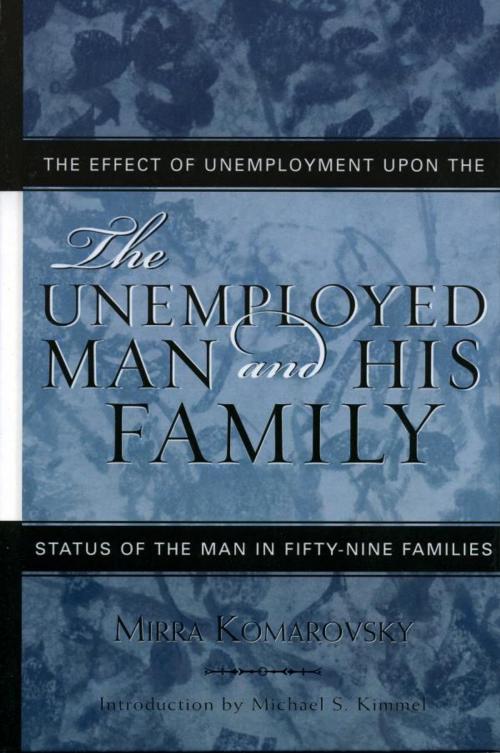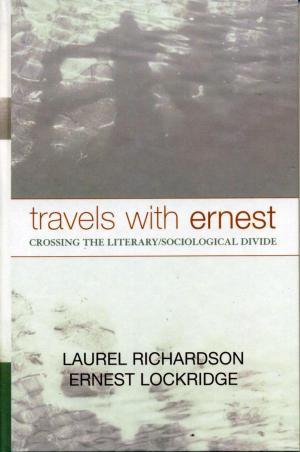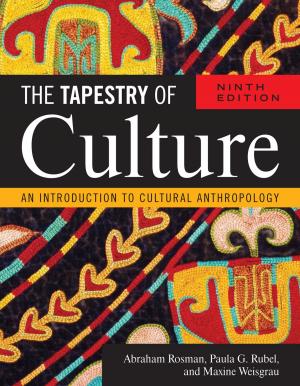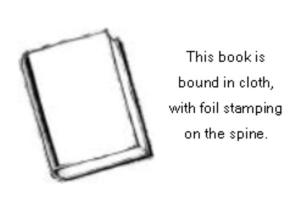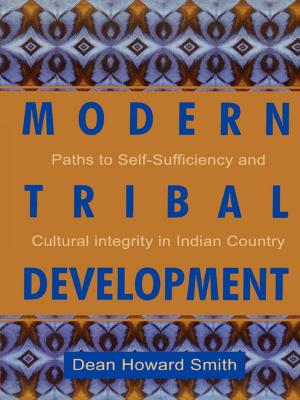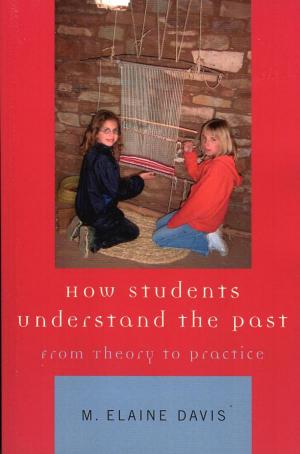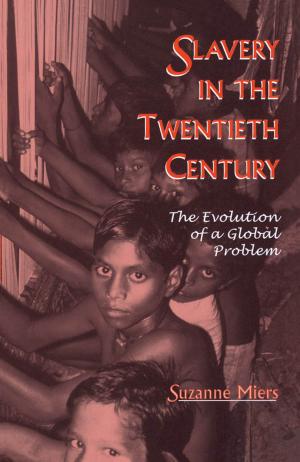The Unemployed Man and His Family
The Effect of Unemployment Upon the Status of the Man in Fifty-Nine Families
Nonfiction, Social & Cultural Studies, Social Science, Gender Studies, Women&| Author: | Mirra Komarovsky | ISBN: | 9780759115255 |
| Publisher: | AltaMira Press | Publication: | October 22, 2004 |
| Imprint: | AltaMira Press | Language: | English |
| Author: | Mirra Komarovsky |
| ISBN: | 9780759115255 |
| Publisher: | AltaMira Press |
| Publication: | October 22, 2004 |
| Imprint: | AltaMira Press |
| Language: | English |
In The Unemployed Man and His Family, noted sociologist and feminist Mirra Komarovsky poses the question: what happens to the authority of the male head of the family when he fails as a provider? Between 1935 and 1936, Komarovsky interviewed 59 families in 1935-36 in which the male had been unemployed for at least a year. Interestingly, in many cases, the husband's struggle in the economic sphere did not offset the solidity and happiness of the marital relationship. But unemployment seems to have affected the men's sense of their own position as head of household and providers. For one thing, it undermined their sense of themselves as breadwinners. Most found it unbearably humiliating to accept relief. Perhaps her most important finding_which still resonates today_was that those men who thought of themselves exclusively as providers suffered far more than those who had developed alternative identities as father and husband.
In The Unemployed Man and His Family, noted sociologist and feminist Mirra Komarovsky poses the question: what happens to the authority of the male head of the family when he fails as a provider? Between 1935 and 1936, Komarovsky interviewed 59 families in 1935-36 in which the male had been unemployed for at least a year. Interestingly, in many cases, the husband's struggle in the economic sphere did not offset the solidity and happiness of the marital relationship. But unemployment seems to have affected the men's sense of their own position as head of household and providers. For one thing, it undermined their sense of themselves as breadwinners. Most found it unbearably humiliating to accept relief. Perhaps her most important finding_which still resonates today_was that those men who thought of themselves exclusively as providers suffered far more than those who had developed alternative identities as father and husband.
